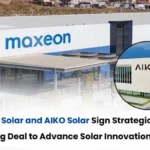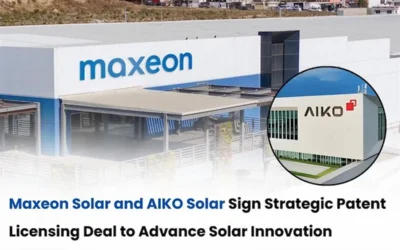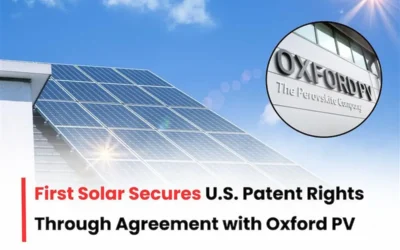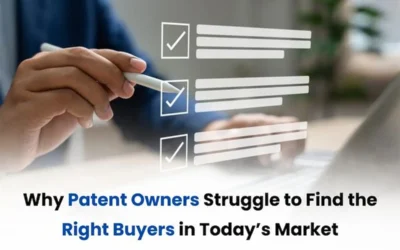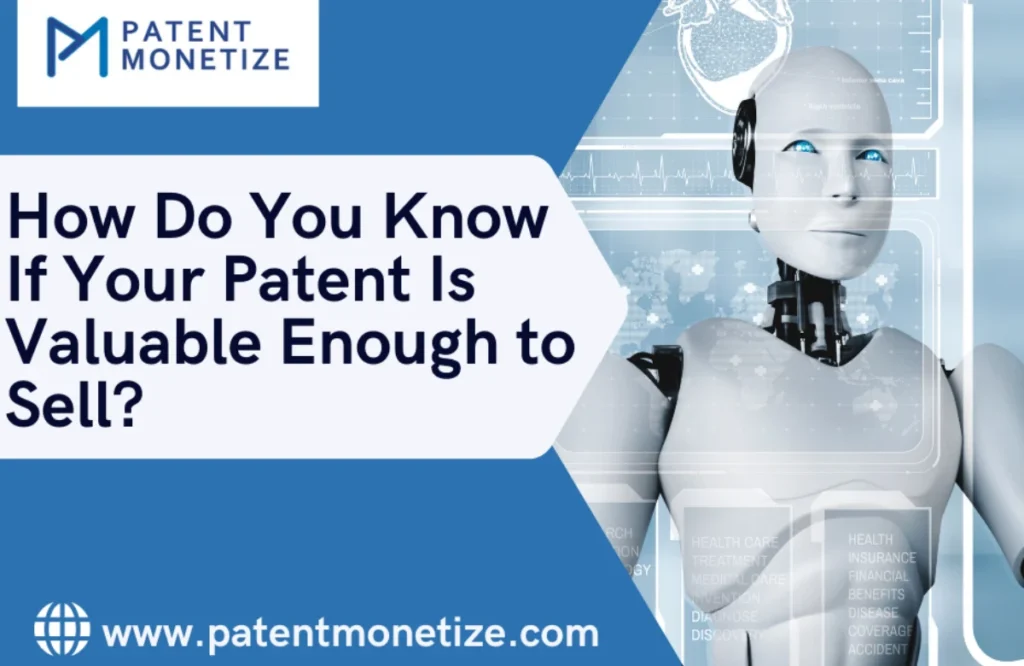
Patents are highly valuable intellectual property assets that may be sold or licensed for money-making purposes. The question, however is how sometimes it is challenging to make a decision about your patent whether it is of value enough that you can sell. Inventors and businesses often are not certain about patents. In this article, we will review the determinants of patent value, how to value a patent, along with other considerations for knowing whether your patent is worth selling.
Understanding Patents and Their Value
A patent is a right granted by the government to an inventor for some years, which may be about 20 years. The inventor excludes others from making, using, selling, or distributing his or her invention without permission from the inventor. Although patents give inventors a competitive advantage, the actual value of a patent extends far beyond the mere ownership of rights to an invention. It means that the value of a patent should be treated in the light of incorporating all factors including market potential, legal strength, commercialization avenues, and demand for the invention. Let’s focus on these in further detail.
1. Market Potential
The first question to ask is whether there is a market for your invention. Market demand is one of the most crucial considerations in determining how valuable your patent is likely to be. If your creation addresses a pressing problem or improves upon existing solutions, then it certainly creates demand; your patent is likely to hold more value under those conditions. Here are some points to consider:
- Emerging Trends in the Industry: Is it a part of emerging trend? This will be a higher value for the technology patent when it becomes a trend in the market. Renewable energy, for example, or AI solutions.
- Competitor Interest: In the industry, is there someone interested in something like this in the industry and who already has a product improved with the presence of your patent?.
- Market Size: The size of the market for which your invention is targeting is another key consideration. A niche market patent might be relatively less valuable than that of the gigantic industry.
2. Legal Strength
A good patent is that one that has been rigorously tested and survives scrutiny. Patent strength refers to how valid or robust it is in the face of a challenge for infringement or invalidation. More valuable patents are usually those patents that appear well drafted, novel and nonobvious claims, and cover broad aspects of the invention. The following are the factors that need to be evaluated:
- Patent Prosecution History: The patent is likely to be a good patent if your patent was thoroughly examined without substantial amendments. Positive decisions from the patent office boost its value.
- Freedom to Operate (FTO): Analysis of FTO helps you figure out whether your patent infringes any existing patents or if it can be commercially free from any legal obstacles. If your patent is clear of any potential conflict, then the value of that patent increases.
- History of Enforcement: If you ever had enforcements on your patents, then that is something great to negotiate to sell. It has shown a history of defending infringement cases and thus can give strength for further protection.
3. Possibilities of Commercialization
Yet another value contributor is the potential of a commercialization of patent. No matter how new your invention, it will have little value unless it can be commercially viable to adapt into a product or service. The buyer will think how difficult it will be to try and adapt patented technology into something usable. Some of the opportunities relate to the area of commercialization include:
- Licensing: This is the most common way through which intellectual property is monetized. Patent licensing to corporations is done for them to use it in the company’s products or services. If your patent can be used in a lot of different applications, then it has higher value to be licensed
- Licenses: Sometimes, companies will buy patents because they want the new technology developed or because of the partnership the patent might attract. The number of possibilities related to partnerships might increase the value of your patent.
- Product Development: When your patent seems to introduce new products or services with viable demand, it increases the total worth of the patent. Other things that affect the price include the cost it takes to bring the invention into the market.
4. Demand for the Invention
The next thing you need to evaluate is if there is a demand for your invention. If there are already industries or companies that can use your patent, the value is increased even more. Here’s how you could assess demand:
- Industry Need: Is your invention solving a general pain point in any given industry? The more important the pain, the more urgently the problem will be needed and thus the value for your patent.
- Licensing Interest: When more than one party is interested in using your patent, that could be a very good indication that there’s indeed a viable market for your invention.
- Similar Patents: Whether there are patents of such a type as yours. The more unique your patent or the more improvement it brings to the existing technologies, the more it is likely to be valuable.
5. Maintenance Cost of a Patent
Owning a patent requires the payment of maintenance fees. One has to keep paying for your patent to keep it in force and enforceable. If a patent’s cost of maintenance is high compared to the value a patent can command, then one should not consider holding onto a patent. Even the buyers would consider the patent’s cost of maintenance before considering whether or not to buy a patent from you.
6. Patent Age and Expiry
Patent age is also one factor that affects the value of a patent. Patents with more years left in their term, which usually have a 20-year term from filing, are normally more valuable as they provide longer-term exclusivity. Older patents can be of value if they are associated with core technology but will probably be worth less simply because of the remaining years to expiration.
7. Patent Portfolio
A strong portfolio adds value also on the level of individual patents. When there is a group of patents complementing each other, or form an integral part of a well-tailored technological development, its total value in the portfolio would be worth much more than in the case of a single patent. Purchasers are attracted in greater numbers with the wider collections of patents aimed at widening out their portfolios on IP.
How to Know Whether Your Patent Is Worth Selling
1. Patent Valuation
There is only one way of absolutely knowing whether or not your patent is worth selling: by professional patent valuation. Patent valuators apply one among several methods when it comes to calculating the value of a patent. These are:
- Market-based approach: This compares your patent with comparable patents which sold or licensed.
- Income approach: Projects how much money the patent will earn as proceeds in licensing or sales.
- Cost approach: Try to see how much cost had gone into the technology whose patent is under development.
2. Consult experts
Getting in contact with patent brokers or intellectual property consultants can make one understand if a patent is worthwhile. The brokers and experts have knowledge on whether your patent would be saleable, provide direction on patent selling, and provide leads to people who are ready to buy it.
3. Understand the Risks of Selling
It is good money to sell a patent, but it should be understood that there is also a risk involved. If you sell a patent, you lose control over the same. Hence, consider whether selling the patent is your long-term business or personal goal.
Conclusion
It really matters for an inventor and businessman seeking to generate some income on intellectual property from understanding how one needs to judge if his or her patent has the value of sale. Therefore, the value of your patent will be determined by the level of market demand, strength of law, and opportunity in commercialization. You can invite experts to come and value patents to weigh the pros and cons of selling for an informed decision. If you feel that your patent has lots of potential but its value is not clearly known to you, you will want to seek expert advice to ensure that you get the best value out of it before selling.
